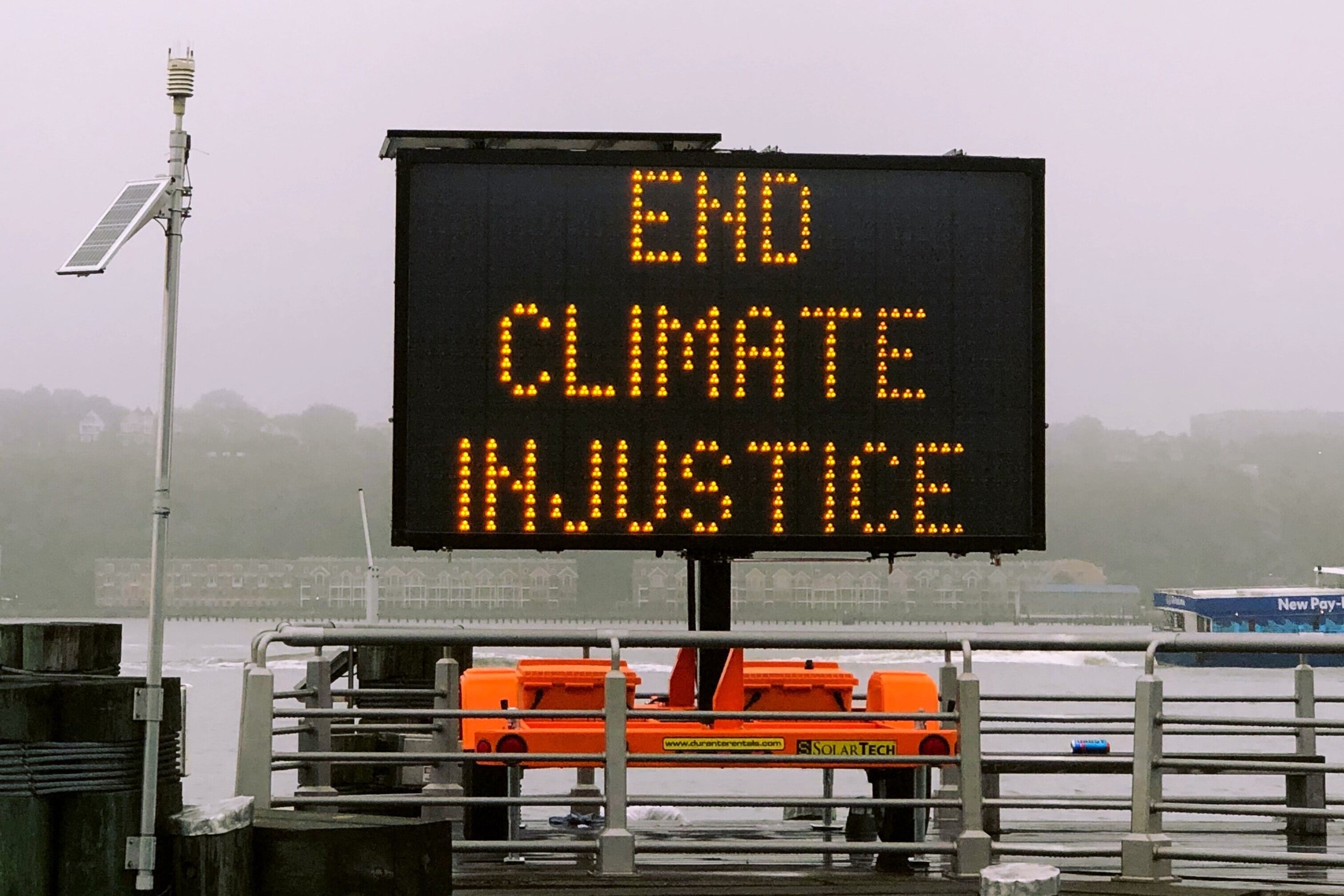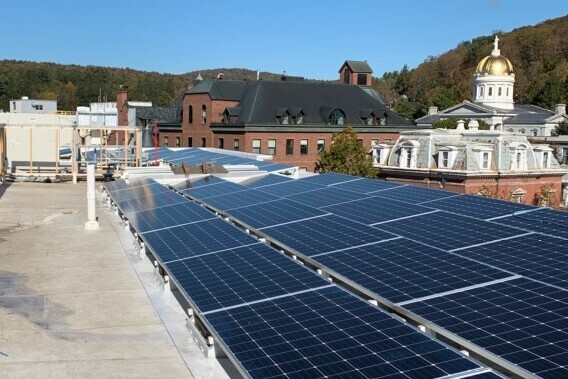How Climate Change Disproportionately Impacts People of Color

In a recent interview with VPR about the passing of Vermont's Global Warming Solutions Act, Representative Sarah Copeland-Hanzas said “The COVID-19 challenges really have uncovered a lot of the systemic inequalities that we notice in our world and have really uncovered a lot of vulnerabilities. And what is clear through that is that Vermont is not ready to withstand another Tropical Storm Irene. We know that we need to do everything that we can do to build resilience within our communities. And that is a really big part of this [Global Warming Solutions Act] bill.”
And she's right. The inequities experienced by people of color and lower-income households don't end with things like access to healthy food, education, jobs, housing, and transportation -- climate change disproportionately affects these populations as well. Specifically, in regard to BIPOC (Black, Indigenous, and People of Color), centuries of systemic racism through laws, policies, and practices have placed these Americans in an especially vulnerable position.
Penn State meteorologist Gregory Jenkins told The Washington Post that “Racism is ‘inexorably’ linked to climate change because it dictates who benefits from activities that produce planet-warming gases and who suffer most from the consequences.” To make matters worse, those who experience more of an impact have fewer resources available to address those impacts.
Put another way, Elizabeth Yeampierre, a racial and environmental justice activist, explains in a Yale Environment 360 article that “With the arrival of slavery comes a re-purposing of the land, chopping down of trees, disrupting water systems and other ecological systems that come with supporting the effort to build a capitalist society and to provide resources for the privileged, using the bodies of black people to facilitate that.” She goes on to suggest that throughout our nation’s history, people of color were denied access to power and wealth, forcing them to provide much of the labor needed to build a society that was designed to marginalize them. Yeampierre explained that, when natural disasters like Hurricane Katrina devastate entire cities, “land speculation land grabs” spark new investments that never would have happened when people of color populated them. This is part of what contributes to the gentrification of historically Black cultural centers like New Orleans.
From a housing perspective, neighborhoods that were disenfranchised due to redlining have higher temperatures and poorer air quality as a result of more pavement and fewer trees compared to their more affluent, white suburban counterparts. This contributes to higher instances of health problems such as asthma within communities of color. The journal Science published a study that found that the most economic harm from climate change will affect the nation’s poorest counties, many of which are home to people of color.
The evidence goes on and on, but the message is consistent: systemic racism and climate change go hand-in-hand. We must work to address both because addressing one without the other will only create more of both.
This story was featured in our monthly newsletter. To get stories like this delivered directly to your inbox each month, click here to sign up!


